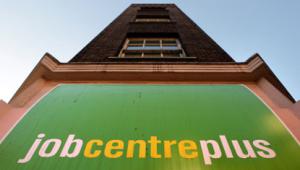The Consumer Prices Index of inflation stood at 0.0%, its lowest ever level, for the second month in a row due to a lower cost of oil keeping prices down.
According to the ONS, the prices of clothing and gas fell in March, but these were offset by higher prices for motor fuels and some small increases in areas such as food.
Analysing the figures, the Centre for Economics and Business Research said that ‘noflation’ was likely to give way to falls in prices in the next few months.
Senior economist Alicia Higson said that one measure of inflation, which strips out the effect of taxes such as duties on prices, had already fallen into deflation, at -0.3% in March.
‘CEBR’s central forecast is for a short bout of overall deflation in the next month or two due to further price falls in gas and for inflation to return to positive territory thereafter,’ she said.
‘The Bank of England’s central target for inflation is 2%, but CEBR expects there is little chance of this being reached in the next year and as such anticipates that the bank rate will remain on hold until at least February 2016.’
Campaigning for the Conservatives in the general election, Chancellor George Osborne welcomed the figures, saying that they represented a boost to the economic recovery.
‘Thanks to our long-term economic plan Britain's economy is getting stronger: jobs are up, the deficit is down, the economy is growing, and inflation is at record lows.
‘We are the party for working people offering you security at every stage of your life.’
However Labour’s shadow chief secretary to the Treasury Chris Leslie said a few months of low inflation due to oil prices ‘won’t solve the deep-seated problems in our economy or make up for years of bills rising faster than wages’.
He added: ‘Wages continue to be sluggish and are down £1,600 a year on average under this government. And tax and benefit changes since 2010 have left families £1,100 a year worse off on average.’












